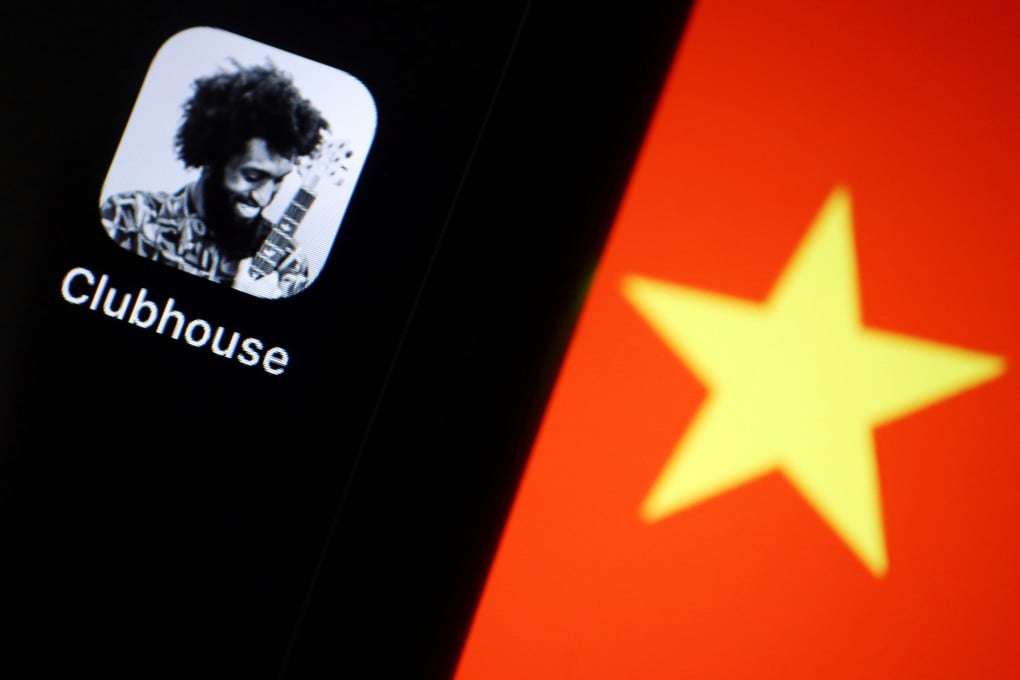Advertisement
Inside China Tech: China’s Clubhouse ups and downs, Huawei’s Biden call, and antitrust rules
- Surprisingly for many, Clubhouse was available for mainland users, that is until Mandarin-language discussions on the app veered into usually censored areas
- In the private sector, the new antitrust rules are providing fresh ammunition in ongoing feuds between China’s internet giants
Reading Time:3 minutes
Why you can trust SCMP

Clubhouse: Losing something before you had it
In case you hadn’t heard, Clubhouse, an audio-only real time chat app, is the next big thing. In private beta since last year, the San Francisco-based app gained notoriety last week when Tesla-founder and tech rock star Elon Musk made an appearance on the app.
Surprisingly for many, Clubhouse was available for mainland users, that is until Mandarin-language discussions on the app veered into usually censored areas like the detention camps in Xinjiang, cross-strait relations with Taiwan, and the National Security Law of Hong Kong.
Advertisement
As those discussions gained notice, many also speculated on whether and when the app would be blocked by Chinese authorities. They got their answer only days later when mainland users suddenly found that not only could they not access the service without a VPN, but they also could not register for new accounts via SMS verification.
Almost all, whether they could access the app via VPN or not, mourned the loss of what was considered a precious opportunity to speak freely outside the China censorship bubble. However, not everyone fell in love for the political discussion, instead they were impressed by the quality and tolerance of those discussions.
Advertisement
Now after the blocking, many are wondering if a “Clubhouse of China” will emerge. Experts, however, are split: some believe we’ll see a ‘war of a thousand Clubhouses’ while others believe that the killer feature, openness, of Clubhouse can’t be replicated by mainland developers because of the tight censorship regime.
Advertisement
Select Voice
Select Speed
1.00x